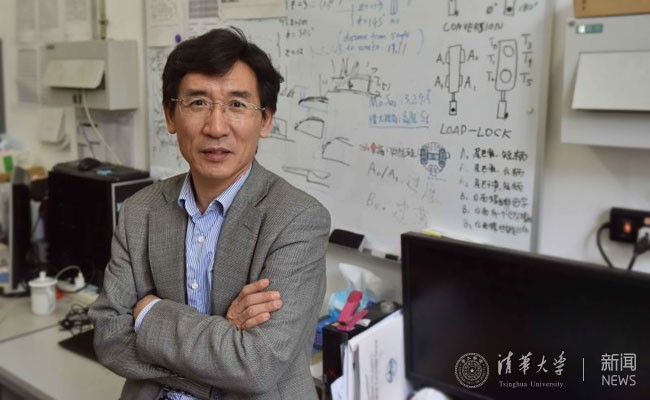The first winners of the Future Science Prize were announced on September 19th. Tsinghua University Professor and a member of the Chinese Academy of Sciences Xue Qikun won the Physical Science Award of the Future Science Prize for his groundbreaking discoveries of novel quantum phenomena using molecular beam epitaxy, including quantum anomalous Hall effect and monolayer FeSe superconductivity. Dennis Lo Yuk-ming, professor of chemical pathology at the Chinese University of Hong Kong, won the Life Science Award of the Future Science Prize.

In 2013, Professor Xue Qikun and his colleagues reported their experimental observation on the quantum anomalous Hall effect for the first time in the world. They also pioneered in the discovery of another low-dimension high-temperature superconductivity, the interface induced high-temperature superconductivity in single unit-cell FeSe films on SrTiO3. Xue’s discoveries have been repetitively validated by many researchers, and are significant for future scientific progresses in the fast-emerging fields of topological insulators and high-temperature superconductors.
As China's first non-governmental science award, the Future Science Prize was launched in January this year with two categories by a group of Chinese scientists and entrepreneurs of the Future Forum. In order to ensure the credibility of the awards, the Future Forum has established a set of rules. Selected candidates could be an individual or a team, and could also be foreigners, but they should do their research work in China, including Hong Kong, Macao and Taiwan, and their research should have originality, long-term significance and great international influence. The winners went through rounds of procedures to win the awards, including nomination, professional appraisals, reviews from international experts, and a secret ballot from the judging panel. Some regarded this as the Chinese version of Nobel Prize.